If the conflict between China and Japan continues to escalate, before the beginning of the all-out war, tourism and trade will first be fully impacted. Then, as a strategic emerging industry, what kind of impact will the LED industry cooperation between China and Japan be affected? If the Sino-Japanese trade war starts, what kind of losses will be caused to China and Japan, who will be injured? How big is the dependency?
Who is more injured in the Sino-Japanese economic and trade war?
The Sino-Japanese conflict will hurt both Japan or hurt more
The main market for manufacturing exports supporting the Japanese economy is China, and China is also an important import market for Japan. The profits of most Japanese companies are mainly from overseas markets. Among them, the Chinese market is an important source of profit for Japanese companies. In addition to automobiles, many industries such as electronics, machinery, home appliances, and retail industries in Japan rely mainly on making money in China. On the contrary, China's export market is mainly the United States, followed by Europe, and the proportion of Japan is declining. China's reduction of imports from Japan can expand imports from other countries. However, Japan’s exports to China have shrunk, and markets in other countries are difficult to replace.
Therefore, if Sino-Japanese relations deteriorate further, economic competition may be a high probability. In this case, the Chinese economy will also be affected to some extent.
From the perspective of the transmission path, the resistance of Japanese people to Japanese goods may lead to a decline in Japanese investment in China and a decrease in investment in China. At the same time, the enthusiasm of Japanese multinationals in China will also be weakened. However, from the past situation, although the Chinese people's resistance to Japanese goods is brewing, Japan's investment in China in the first half of this year has maintained a steady growth momentum. The actual capital in place was US$4.07 billion, up 16.7% year-on-year. Last year, this figure increased by 55.1% year-on-year. This is mainly due to the economic structure of the two countries. Without the Chinese market and cheap labor, Japanese companies will suffer huge losses and will have to spend more on the transition to Southeast Asia, India, South America and even Africa. In this sense, China’s importance to Japan’s economic development is self-evident.
Japan has cutting-edge technology for parts and components, and China will suffer losses.
From the perspective of the global industrial chain, Japan still occupies a leading position and plays the role of a basic spare parts production base. Moreover, relying on the huge corporate consortium model, Japanese companies' overseas expansion and vitality are far stronger than those of European and American companies. Tens of thousands of Japanese companies in China (the author's note: Japanese media thinks about 50,000, China National Bureau of Statistics shows about 25,000) Behind it is a collection of amazing capital and technical power that has given Japan a terrible right to speak in industries such as information electronics, steel, and automobiles.
At the same time, Japan maintains an absolute advantage in high value-added components such as semiconductors, microchips, engine controls, ABS, and airbags. In order to prevent the loss of technology, almost all of the production bases of these parts are in Japan. After the Japanese earthquake in 2011, the supply of these parts and components stopped production, resulting in tight supply, pushing the entire global industrial chain to the edge of the chain. .
In contrast, China has become the second largest in the world, but its position in the global industrial chain is almost the same as that in Southeast Asia and South America. It is still at the lowest level of processing and assembly, or the wage earner role, not the contractor. High substitutability. To be precise, the true meaning of "Made in China" does not exist. Walking into Japanese supermarkets and shopping malls, you can actually see the label "made in china", but it is often limited to the lowest-end products such as shoes, mouse and keyboard.
Even the export achievements of China's GDP have benefited a lot from the model of “Japan's core components – China's assembled and processed products – global market salesâ€. In the process of a new global round of industrial transfer and China's industrial upgrading, blindly boycotting Japan will only undermine the normal operation of the transnational industrial chain and hurt China's own potential for sustainable development. On the other hand, this may be beneficial to China's upgrading of industrial technology.
If China fights rare earth sanctions
Japanese LED manufacturers will be affected
The rare earth metal is a transition element of Group IIIB on the chemical periodic table, and contains a total of 17 kinds of lanthanum (Sc), yttrium (Y) and 15 lanthanides. It is distributed in surface minerals by compounds or ions, and is used to manufacture LEDs. Indispensable raw materials for high-tech products such as LCD panels, touch panels, hybrid electric motors, and DVDs. Rare earths are widely used in various electronic components. For example, in the Eu and the nickel-hydrogen rechargeable battery used as the phosphor in the LED and the laser light source, La used as the hydrogen storage alloy. Moreover, La is added to improve the capacitor characteristics, and Y is used in the superconducting material.
China's rare earth reserves account for about 23% of the world's total reserves, and bear more than 90% of the world's market supply. Among them, Japan's high-end manufacturing rare metals are mostly imported from China, and it is China's most stable and largest rare earth export market. In order to get rid of the heavy dependence on rare earth imports, on October 1, 2010, the Japanese side announced that it plans to develop rare earth substitute materials in advance, and plans to develop rare earths in more countries in order to achieve multi-channel supply of rare earths. However, the total amount of rare earth metals imported from China in the first half of this year was 3,007 tons, accounting for 49.3%, and for the first time since 2000, it has fallen below 50%. In 2011, Japan imported rare earths from China by 34% to 1.54 million tons.
In the case of growing Sino-Japanese relations, if China invokes the WTO national security exception principle, it establishes a strategic resource export control system and prohibits the export of military resources or military resources that may be used for military use. Rare earth sanctions are expected to be the most effective economic card at present. Once the rare earth sanction is implemented, since rare earth is an important raw material for phosphors, and phosphors are used in LED device packaging, the chain reaction will bring a big impact on Japanese LED related industries.

This style is Handheld Vacuum Cleaner. Handheld Vacuum Cleaner is a kind of Portable Vacuum Cleaner. It's easy to carry and use. So you can use in many places easily. This kind of vacuum cleaner is also very beautiful and useful. It is small in size and store easily. This kind vacuum cleaner is also a multi-cyclone upright vacuum cleaner for high separation rate,so it will make your cleaning more effortlessly. In a word,it is a very useful vacuum cleaner,hope you will like it.
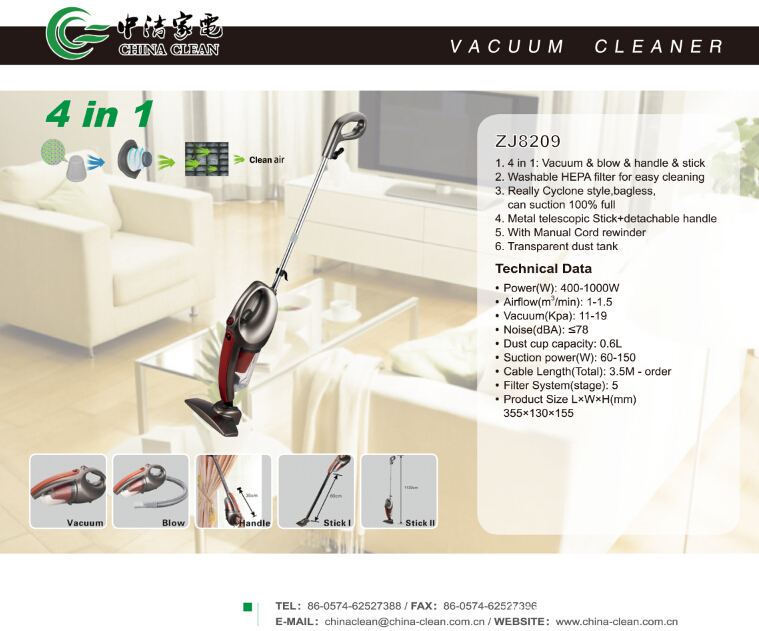



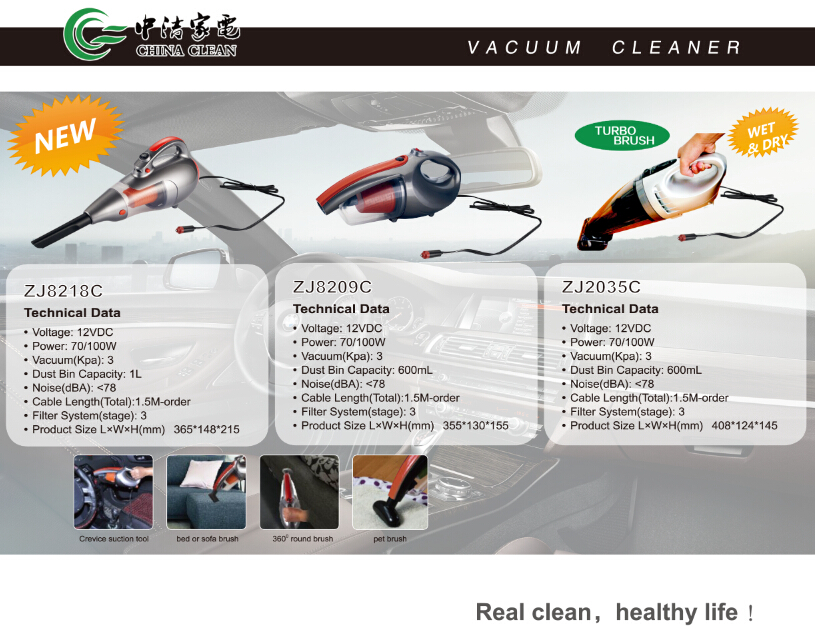
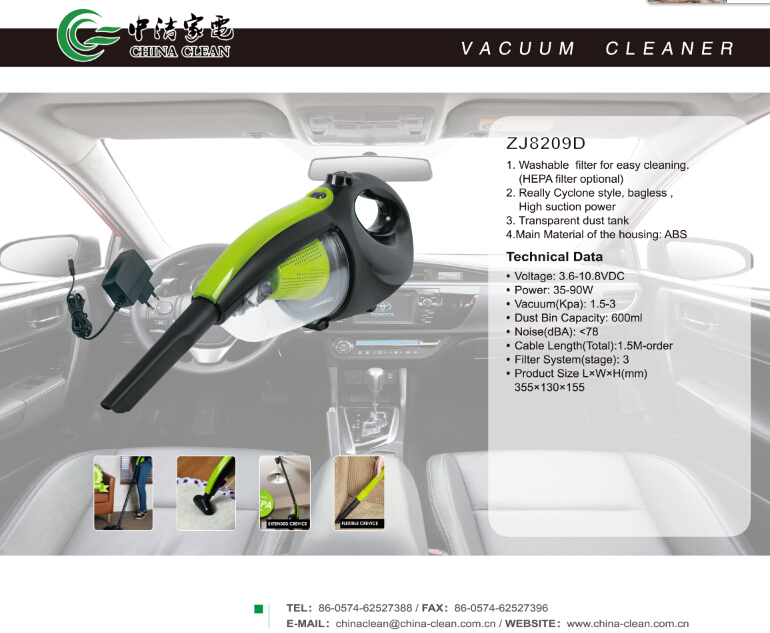

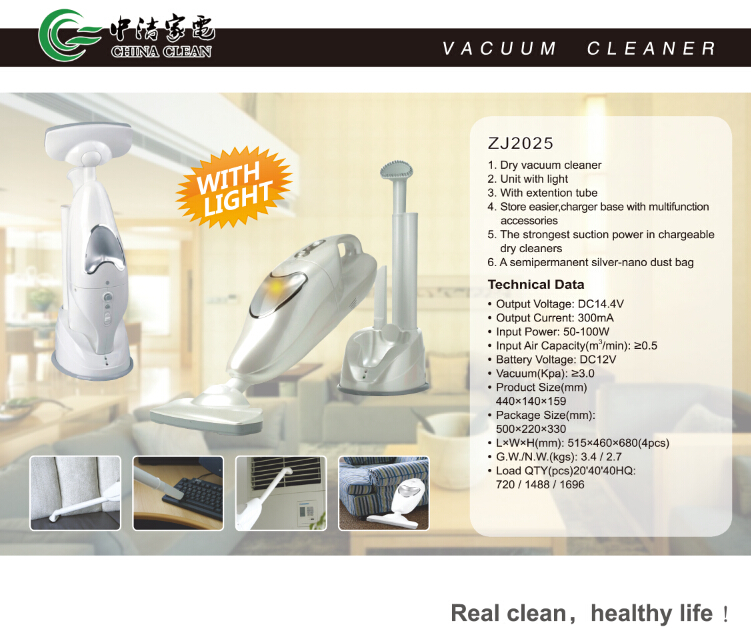


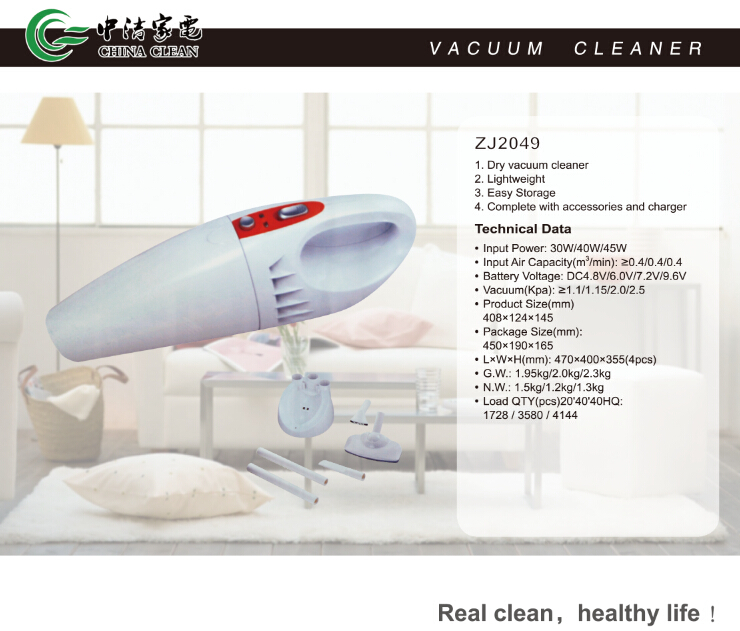
Handheld Vacuum Cleaner
Handheld Vacuum Cleaner, Powerful Handheld Vacuum Cleaner, Mini Vacuum Cleaner, Mini Handheld Vacuum Cleaner
Ningbo ChinaClean Household Appliances Manufacture Co., Ltd. , http://www.chinaclean-elec.com